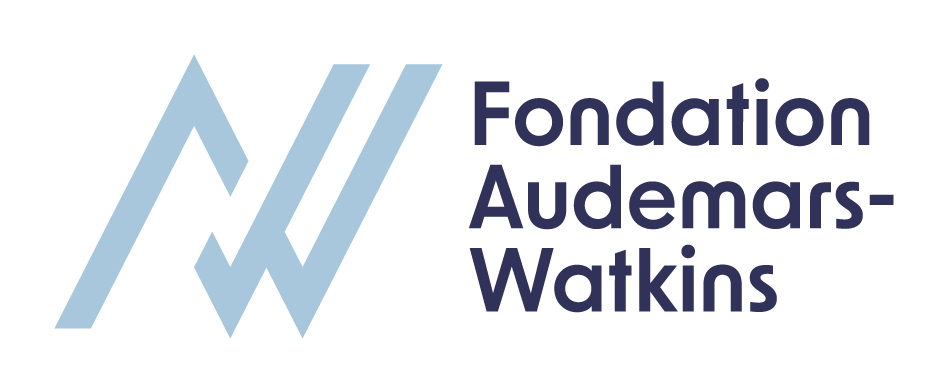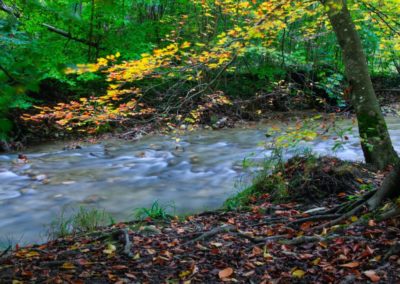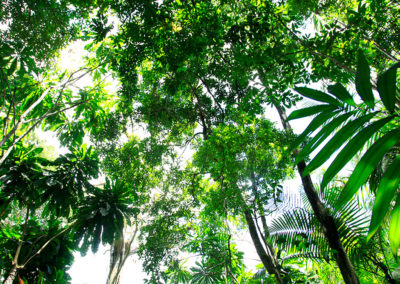PRIORITY THEMES
Oceans, forests, wetlands, education & capacity building
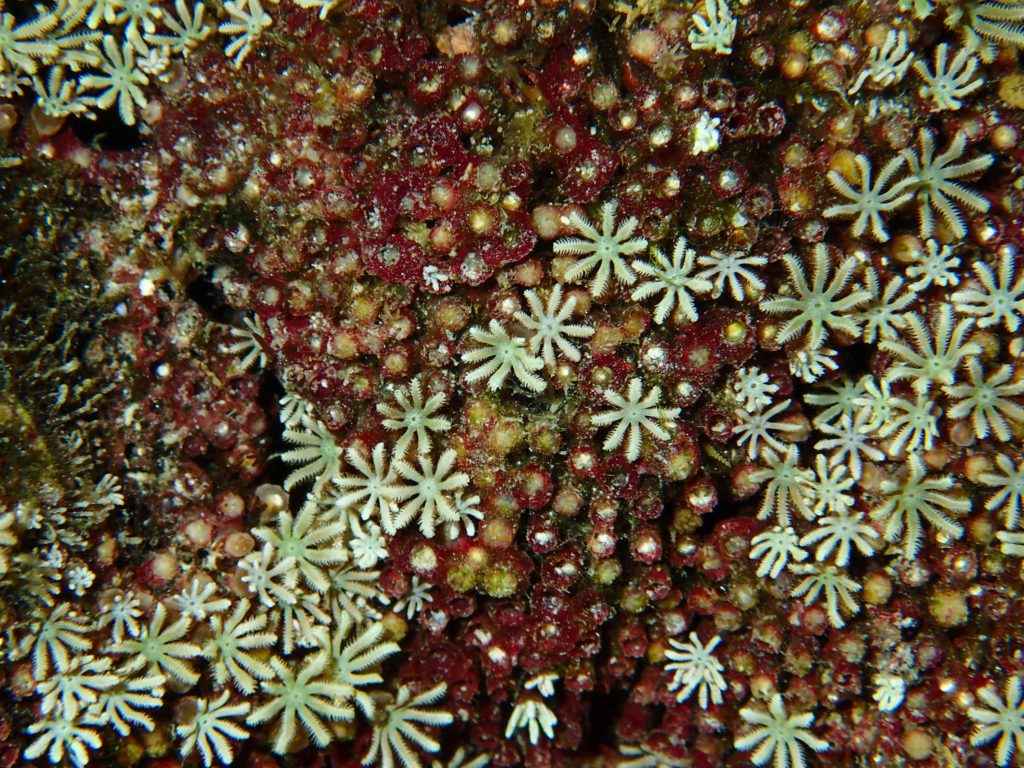
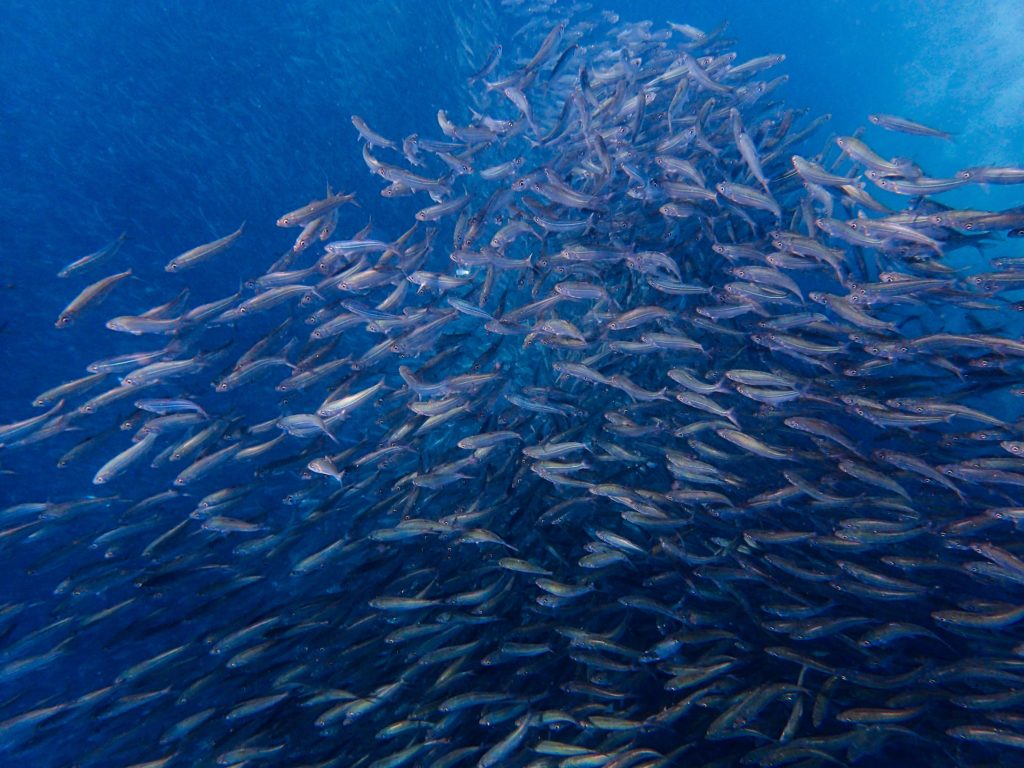
Oceans
Much of our oceans remains unexplored. Yet we know that marine and coastal environments are vital to life on earth. Coastal zones and oceans are home to numerous species and provide a major source of protein for close to half of the planet’s population. Oceans also contribute to stabilizing our climate as they absorb around 23% of our annual emissions of carbon dioxide. A recent assessment by the Intergovernmental Panel on Biodiversity and Ecosystem Services (IPBES) warned that 66% of our oceans are experiencing increasing cumulative impacts, including pollution and acidification. Solutions we support for our oceans include measures that address pollution, promote marine protected areas, support artisanal fisheries, engage communities in coastal management and halt destructive fishing practices.
Forests
80% of terrestrial species can be found in forests. Forests recycle our air, they absorb carbon contributing to stabilizing our climate, they help maintain our water cycles, they provide us with construction materials, food, and medicines, they provide shelter and spiritual healing. Yet, according to the 2020 FAO Forest Resources Assessment, we continue to lose forests an area the size of Iceland (10 million hectares) every single year. And many of the forests that remain are degraded. In light of this, we support projects that aim to protect, sustainably manage and restore forests, improve capacity to address threats to forests and the engagement of local communities in forest conservation.
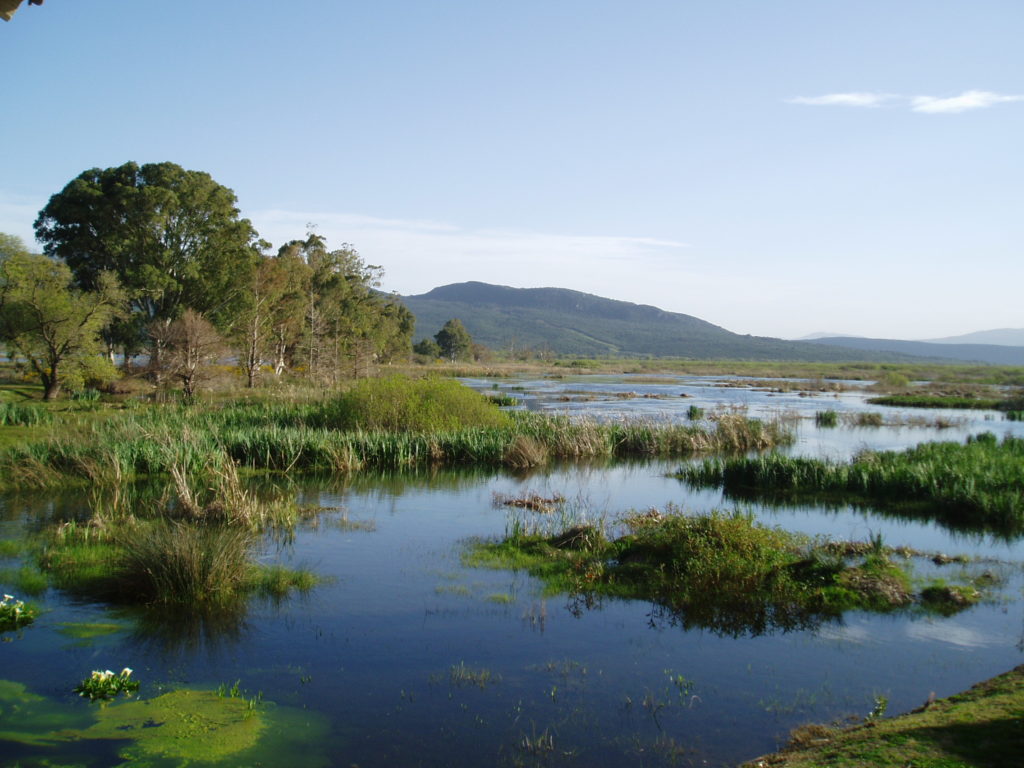
Wetlands
Rivers, lakes, marshes, aquifers and peatlands fulfil a number of functions essential to our wellbeing, such as providing freshwater and buffering against extreme climatic events. Today, due to human activity, over 85% of our wetland area has been lost, and with it, many of these functions. The distribution of water around the globe is highly uneven with an estimated 2.2 billion people lacking access to safely managed drinking water according to the UN. Solutions that we support include the protection and restoration of wetlands, improved management of wetlands, removal of invasive exotic species and waste management affecting wetlands.
Picture © Stephanie Mansourian
Education & capacity building
Education is a fundamental human right. Our education and capacity building programme seeks to support initiatives that help children and adults obtain new skills and expand their knowledge so that they can be independent and contribute to society with dignity. Projects we support include those that develop educational materials, training and capacity building workshops, support to schools and environmental education. In support of our environmental themes, we also fund capacity building projects that seek to improve the ability of stakeholders to manage their environment.
Pictures © Alexander Belokurov and Kofi Amponsah-Mensah (CAW)


